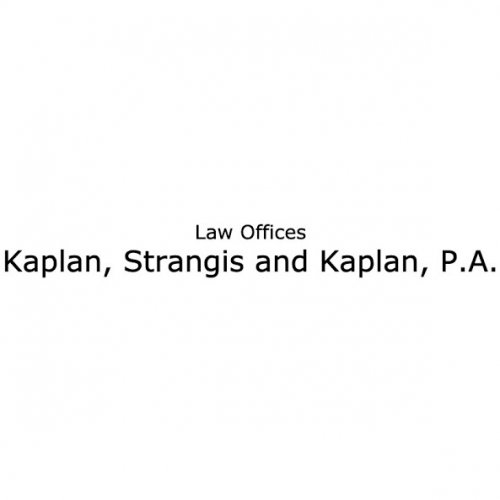Best Oil, Gas & Energy Lawyers in Minneapolis
Share your needs with us, get contacted by law firms.
Free. Takes 2 min.
List of the best lawyers in Minneapolis, United States
About Oil, Gas & Energy Law in Minneapolis, United States
Minneapolis, United States has a relatively developed Oil, Gas & Energy sector, which is governed by a set of complex laws and regulations. These laws primarily pertain to the exploration, extraction, and distribution of oil, gas, and other energy resources. The laws cover a broad array of topics including lease agreements, royalty interests, property rights, environmental compliance, and associated tax liabilities. Due to the complex nature of these laws, it is advisable to seek legal counsel in dealing with matters related to it.
Why You May Need a Lawyer
Individuals and companies involved in the oil, gas, and energy sector usually require the help of a qualified lawyer for several reasons. Firstly, legal counsel helps in understanding and interpreting regulations surrounding land-use rights, drilling permits, and lease agreements. Secondly, a lawyer can assist in dispute resolution if conflicts arise over land-use rights or resource ownership. Lastly, legal assistance is crucial in ensuring compliance with environmental regulations and dealing with any potential claims of damage or pollution caused by exploration or extraction activities.
Local Laws Overview
The State of Minnesota enforces several laws specific to the oil, gas, and energy industry to ensure responsible resource management. These include Mineral Rights Law, Environmental Compliance Law, and Property Rights Law among others. The State also enforces specific regulations pertaining to the renewable energy sector, such as wind and solar power. Understanding these local laws, the rights and obligations they impose, and their potential legal ramifications, is critical for any individual or business operating in this sector.
Frequently Asked Questions
What is the state policy on energy resources in Minneapolis?
The state of Minnesota encourages sustainable and responsible energy use and has a specific focus on promoting renewable energy sources.
What rights do landowners have regarding energy resources found on their property?
Landowners who hold mineral rights to their property are entitled to explore and extract energy resources, within local and state regulations.
Can a lawyer assist in negotiating a lease agreement?
Yes, a qualified lawyer can represent your interests and assist in negotiating favorable terms in a lease agreement.
What are potential penalties for environmental non-compliance?
Penalties can range from fines to revocation of permits, and in severe cases, imprisonment.
Can a lawyer help with tax regulations related to energy resources?
A lawyer well-versed in oil, gas & energy law can help ensure you understand and meet all tax obligations and can potentially help to mitigate tax liabilities.
Additional Resources
You may refer to The Minnesota Department of Natural Resources and the Minnesota Department of Commerce for information on oil, gas and energy laws. Both bodies offer resources and information relevant to the industry.
Next Steps
If you require legal assistance in matters relating to Oil, Gas & Energy law in Minneapolis, your first step should be to consult a lawyer who specializes in this area. Depending on the nature of your case, they may suggest meeting with relevant experts, compiling documentation, or preparing for potential legal proceedings.
Lawzana helps you find the best lawyers and law firms in Minneapolis through a curated and pre-screened list of qualified legal professionals. Our platform offers rankings and detailed profiles of attorneys and law firms, allowing you to compare based on practice areas, including Oil, Gas & Energy, experience, and client feedback.
Each profile includes a description of the firm's areas of practice, client reviews, team members and partners, year of establishment, spoken languages, office locations, contact information, social media presence, and any published articles or resources. Most firms on our platform speak English and are experienced in both local and international legal matters.
Get a quote from top-rated law firms in Minneapolis, United States — quickly, securely, and without unnecessary hassle.
Disclaimer:
The information provided on this page is for general informational purposes only and does not constitute legal advice. While we strive to ensure the accuracy and relevance of the content, legal information may change over time, and interpretations of the law can vary. You should always consult with a qualified legal professional for advice specific to your situation.
We disclaim all liability for actions taken or not taken based on the content of this page. If you believe any information is incorrect or outdated, please contact us, and we will review and update it where appropriate.









